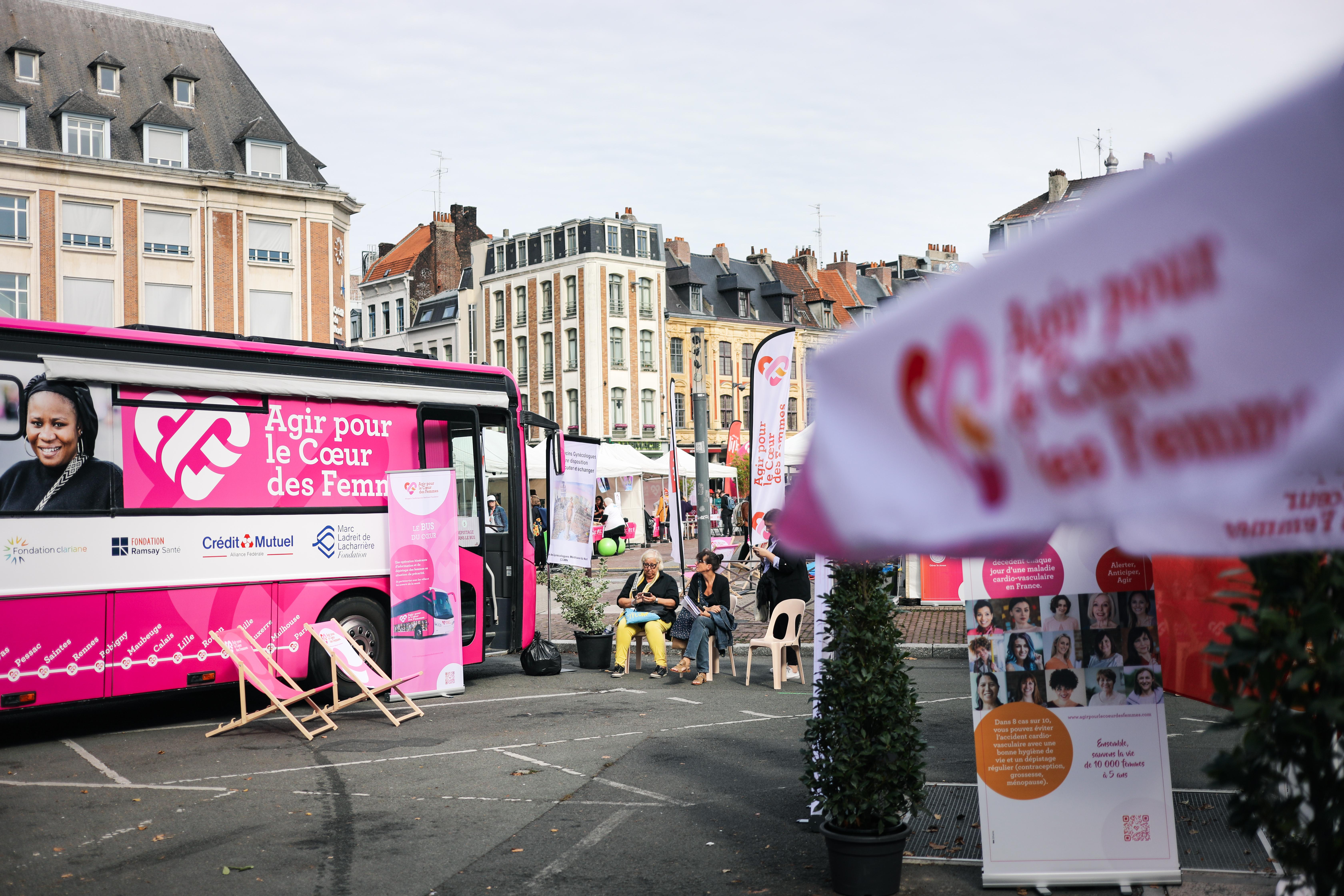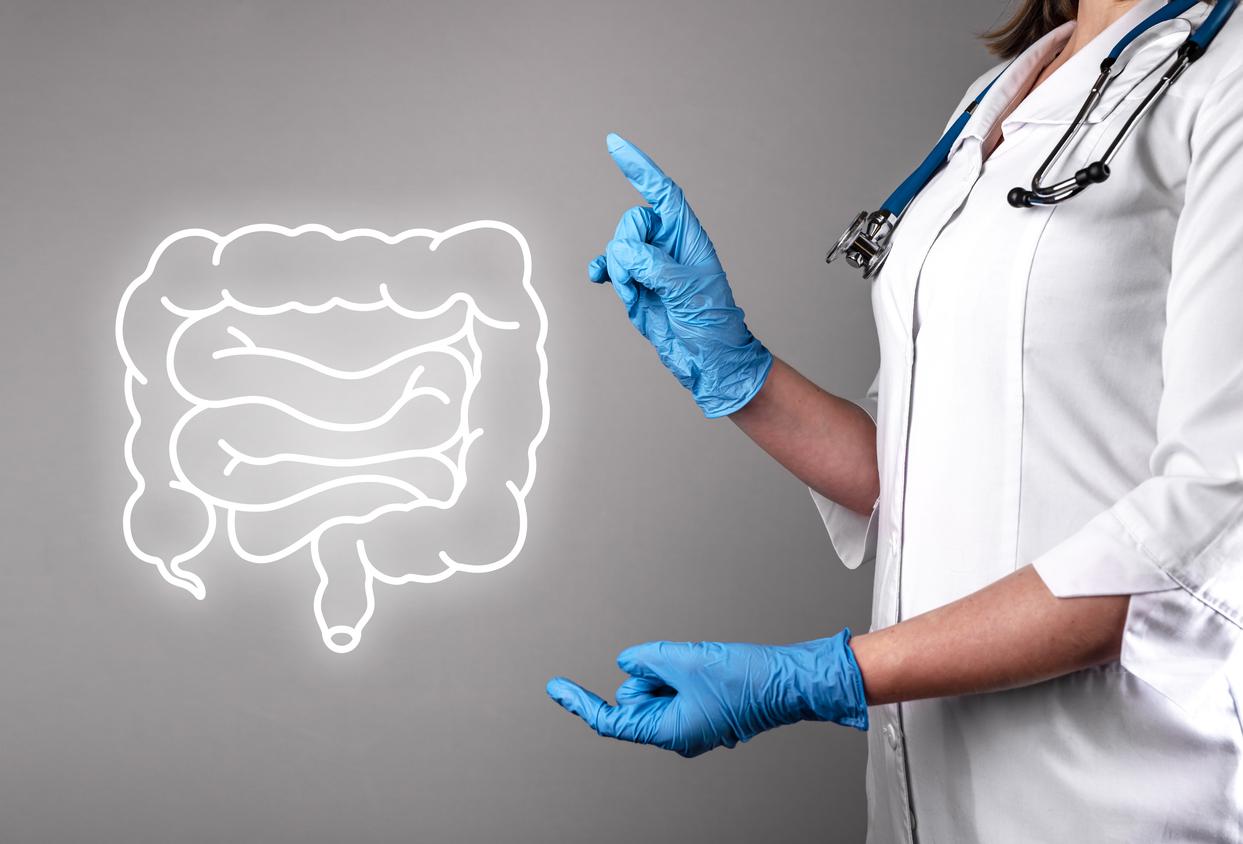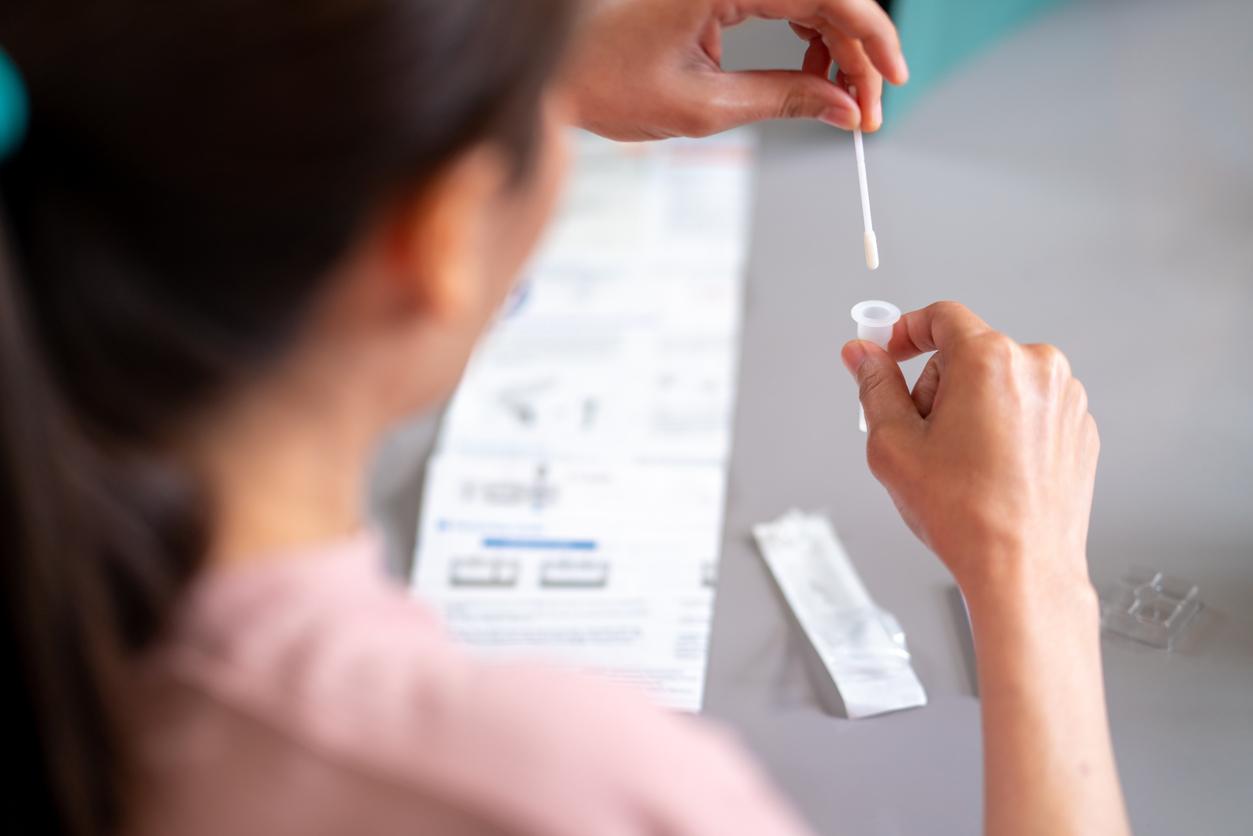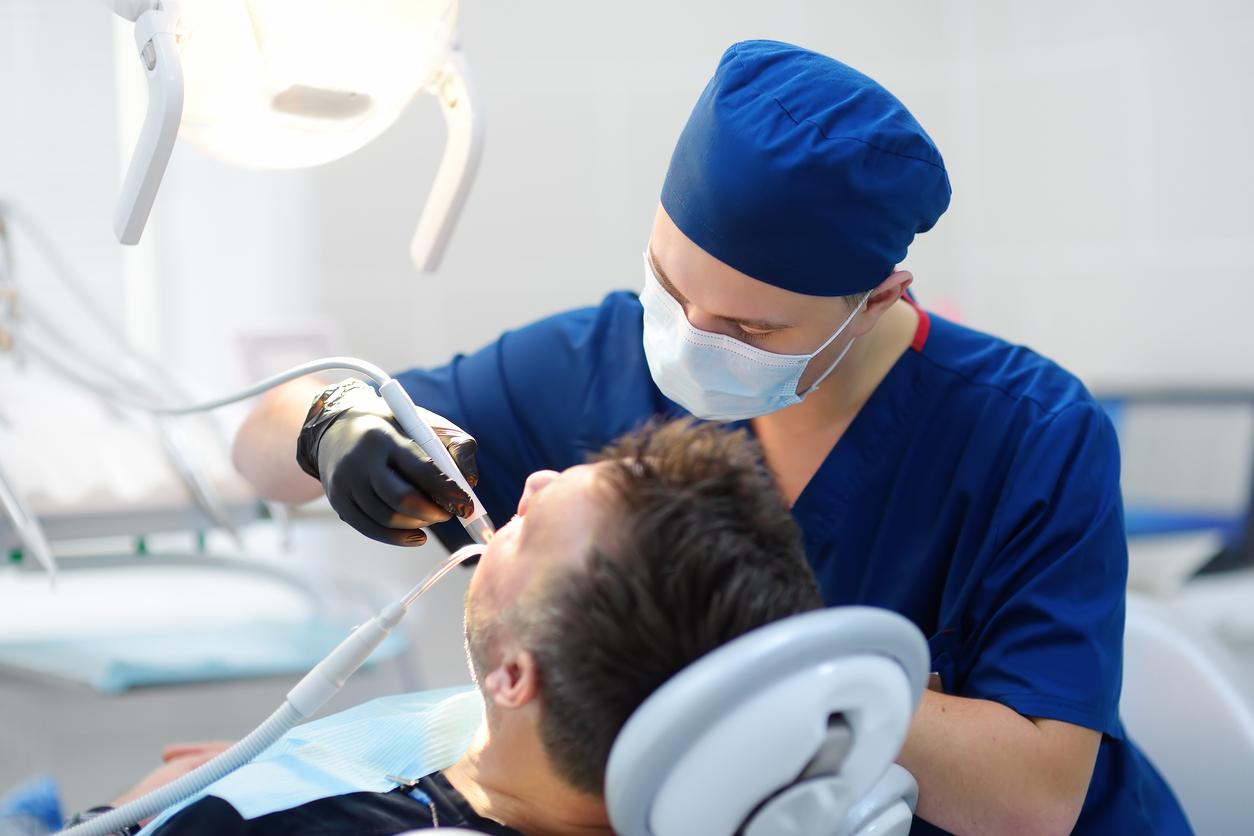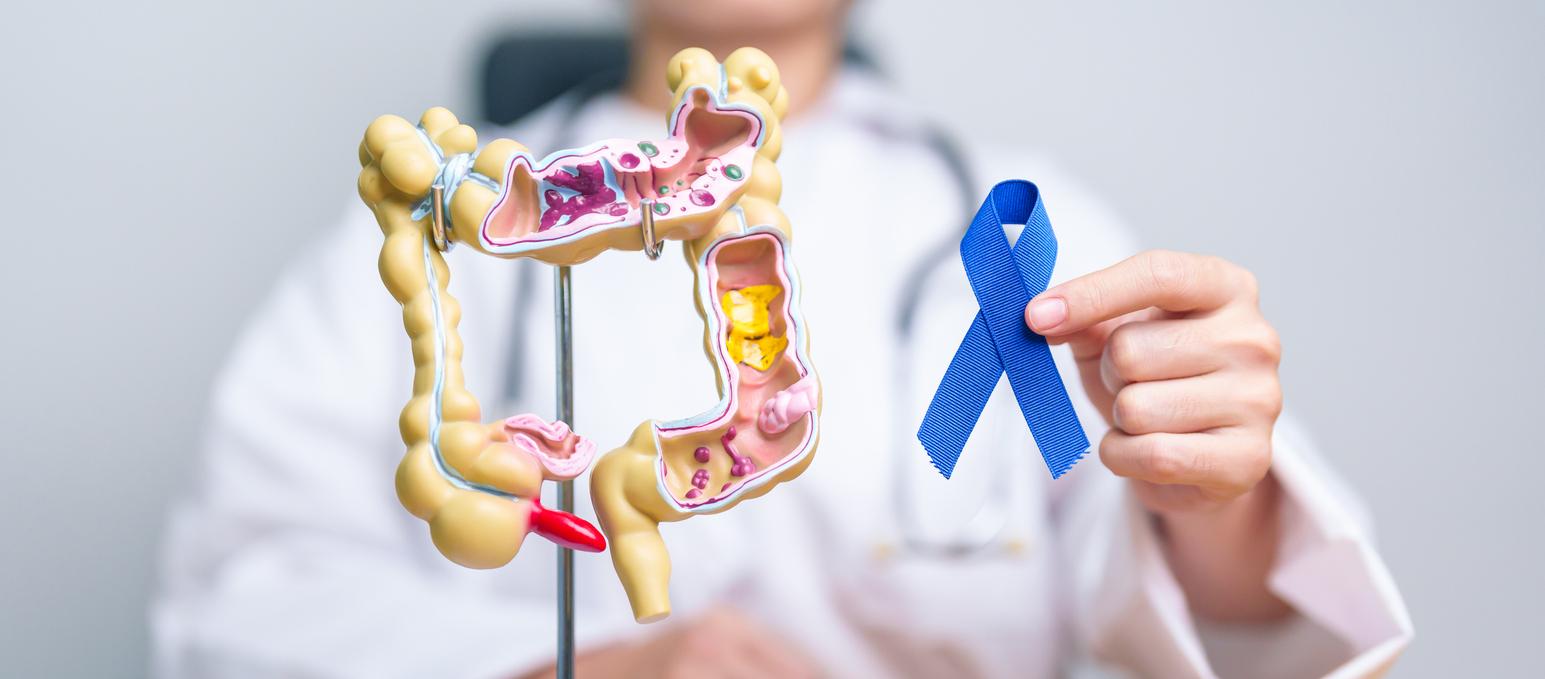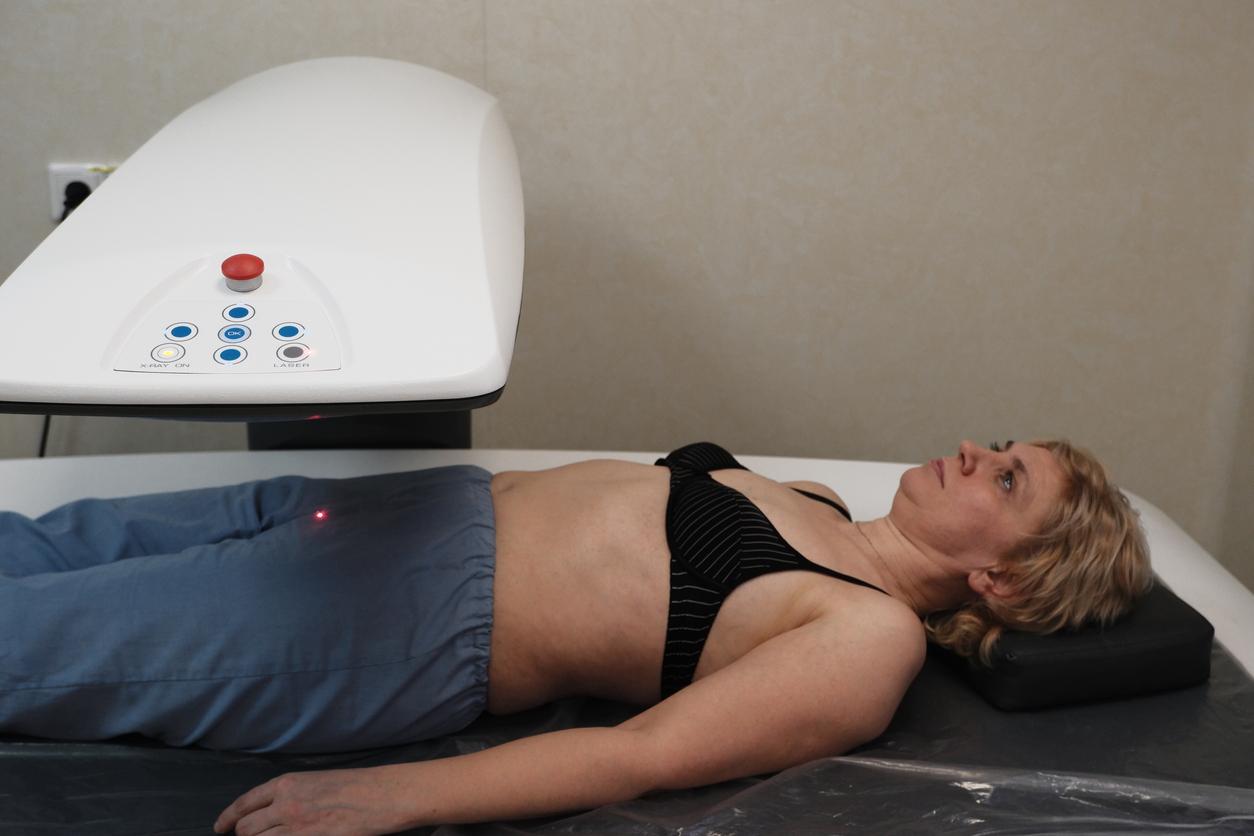The deployment of massive and rapid tests thanks to antigenic tests, even if they are less reliable, carried out over six weeks would make it possible to contain the epidemic.
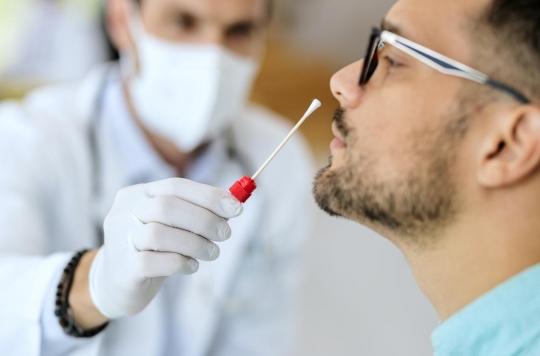
- Testing 75% of a city’s population every three days would reduce infections by 88% and extinguish the epidemic in 6 weeks.
- Even with a threshold of 50% of people tested, the number of infections would be reduced by 73%.
Test, test, test. A new study suggests that testing 75% of a city’s population every three days would reduce infections by 88%. “Enough to drive the epidemic towards extinction within six weeks”, say the researchers from Harvard TH Chan School of Public Health and the University of Colorado Rocher who carried out the work. They presented their results on November 20 in the journal Science Advances.
Tests and isolations
Less precise but faster than PCR tests, antigen tests could be the solution to put a major brake on the progression of the epidemic of the new SARS-CoV-2 coronavirus. “Our general finding is that when it comes to public health, it is better to have a less sensitive test with results today than a more sensitive test with results tomorrow.summarizes Daniel Larremore, professor of computer science at the University of Colorado at Boulder and main author of the study. Rather than telling everyone to stay home to make sure someone who is sick doesn’t spread it, we could give stay-home orders only to people who are contagious so everyone can get on with their lives..”
The study is based on mathematical modeling of the effect of rapid tests followed by isolation of positive people. “Testing 75% of a city’s population every three days reduces infections by 88% and extinguishes the epidemic in six weeks”, concluded the researchers. Even with a threshold of 50% of people tested, the number of infections would be reduced by 73%. “These rapid tests are contagiousness tests. They are extremely good at detecting COVID-19 when people are contagious”, justifies Michael Mina, professor of epidemiology at Harvard and co-author of the study.
An American Strategy
“Our conclusion is that when it comes to public health, it is better to have a less sensitive test with same-day results than a more sensitive test with next-day results.say the researchers. We could then isolate only sick people, which would avoid a general confinement.” The massive deployment of these rapid tests is one of the key axes envisaged by Joe Biden, the American president-elect, to contain the pandemic. This makes it possible to detect asymptomatic contagious people and isolate them, preventing invisible supercontaminators from spreading the virus.
Unlike PCR tests, the results of which are only available after 24 hours at the earliest, antigen tests give their verdict in less than 30 minutes. This test can be carried out in a pharmacy, with your general practitioner or with private nurses. It is free and works with a swab in the nose, like the PCR test. A chemical reagent, placed at the end of the swab, determines whether or not the virus is present. To be effective, it must be performed within four days of the onset of symptoms.

Find below the topical podcast of Dr Jean-françois Lemoine with the interview of Professor Robert Cohen on the use of antigenic tests:
.











